Recently, while I was delivering a Respect in the Workplace training session to a large group of police recruits at the Police Academy in New Westminster, I recalled the reason I joined the London Metropolitan Police in 1978.
I actually “ran away” to the Police force in order to escape my high-school bully…
I met him on the very first day of high school and lived in fear every day until I left that terrible place four years later.
He terrorized me each day I came to school—strong language I know, but that’s how I felt.
I couldn’t focus properly in class when he was there, and my report cards were full of comments like, “needs to pay more attention,” “doesn’t apply himself to the fullest extent of his ability,” and “emotionally absent at times.”
What’s worse is that the school appeared to turn a blind eye to his antics—and it wasn’t just me that lived in fear of him, there were several of us!
(Could you imagine if this was a workplace scenario? Where was the Respectful Conduct pamphlet at my high school? Shouldn’t everyone have to attend a Respectful Behaviour Seminar every school year?)
I spent an enormous amount of emotional energy trying to avoid him as much as possible. I remember waiting until the bully had selected his classes each semester so that I could select any class I knew he wouldn’t be in.
(As a result, I know how to cook, sew, play the trombone, and I love cricket!)
At the end of each school day, I literally raced home and turned on the telly in order to disappear into another reality.
And so, I began watching several television shows about policing.
I realised that the officers in these shows dealt with ‘bullies’ as well, and before the final credits, these bullies were generally in handcuffs heading to the police station.
In my naïve mind, I believed that I needed to be in a position of strength and power in order to deal with (i.e. handcuff) those bullies in society who chose to terrorize others.
So now you know why I signed up for the police force…
But back to the 48 police recruits that were seated before me ready to hear about respectful conduct in the workplace.
They were just a few short weeks away from completing their studies, graduating, and starting their careers.
As I was delivering the workshop, I looked out at the audience and hoped that each one of them was absorbing the stories and analogies—after all, I wanted the information, ideas, tools, and dialogue in the session to be relevant to their lives.
I spent thirty-five years of my life in a uniform similar to the ones of those in that room, and as I watched their faces that morning, I wondered what led them to a career in policing.
From my perspective, the primary role of a police officer has always been about building relationships.
But did they find themselves in a similar position as I was in? Chomping at the bit to handcuff all the “bullies”?
I thought back to my very first day of training at Hendon Police College, where I was told, in no uncertain terms, that handcuffing was actually one of the very last things that we were going to be taught how to do.
They told us, rather, that the instructors were going to be teaching us how to listen to people, talk to people and, most importantly, how to treat people.
In other words: It’s all about relationships and respectful conduct.
If we as police officers learned how to listen to, talk to, and treat people well, then handcuffs would not be necessary in most cases!
Of course, when I heard this I was devastated because learning how to handcuff someone was the primary reason that I joined in the first place…
But they were right…and I spent 35 years of my life in uniform, focused on what I now know to be the primary role of a police officer: Building Relationships.
However, sitting in front me that Monday morning, in the theatre at the Police Academy, were likely 48 different reasons why each of those police recruits had signed up.
I feel confident that at their interview, the vast majority of them answered the question “And why do you want to be a police officer?” with the standard ubiquitous answer of “I want to help people,” or “I want to serve and protect.”
And that’s okay.
But deep down, below the surface, I wondered what their motivation really was.
I was there that day to emphasise the importance of Respect in the Workplace— not just in their soon-to-be world of their chosen police agencies, but also within their recruit class.
Getting along with people is all about treating each other with respect—demonstrating civil and neighbourly behaviour to those you work with and alongside.
I felt confident that each one of those in front of me that day heard and resonated with the message of building a respectful workplace—after all, if you don’t get along with the person sitting next to you, the next 35 years can be very tough!
In fact, your performance appraisal could be full of comments like, “needs to pay more attention,” “doesn’t apply himself to the fullest extent of their ability,” and “emotionally absent at times.”
I hope you didn’t have to deal with bullies in high school and I hope you don’t have to deal with bullies now, but whatever your motivation to treat others with respect, pay it forward in the workplace.
And if you find yourself on the other side of bullying…be careful, or you may end up in handcuffs at a respectful workplace seminar…

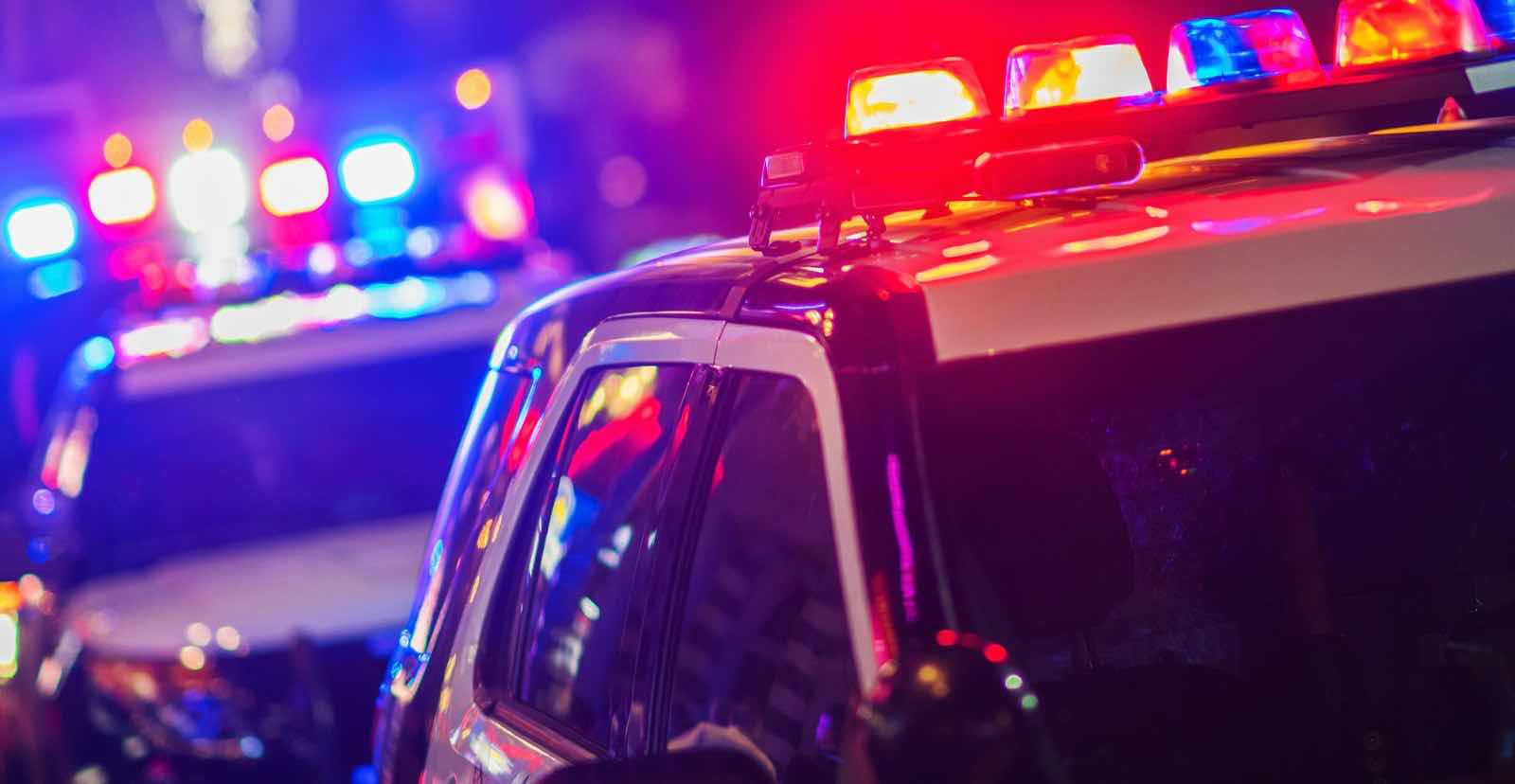
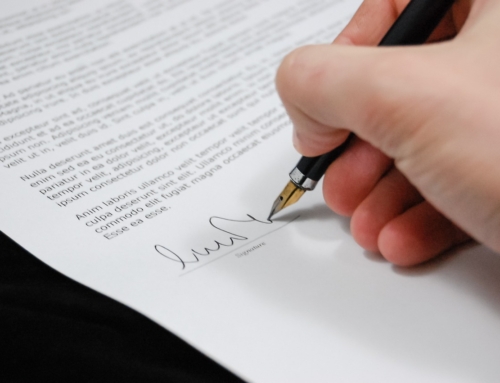
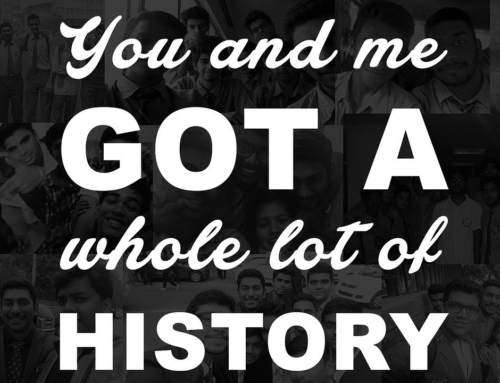
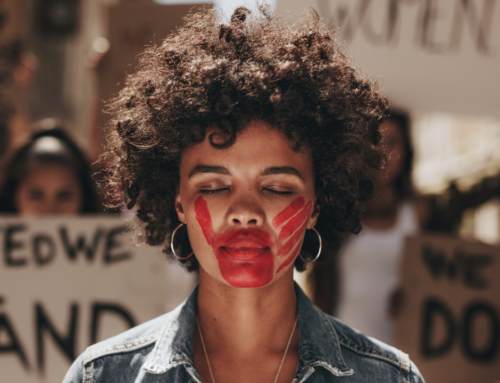
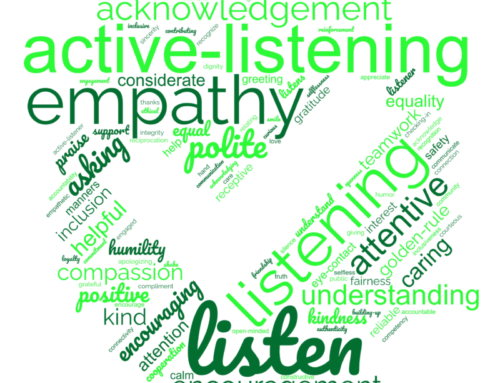
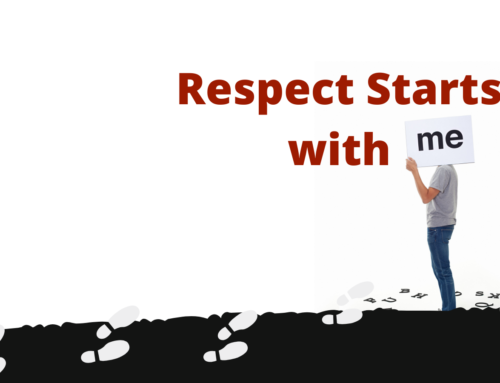
Leave A Comment